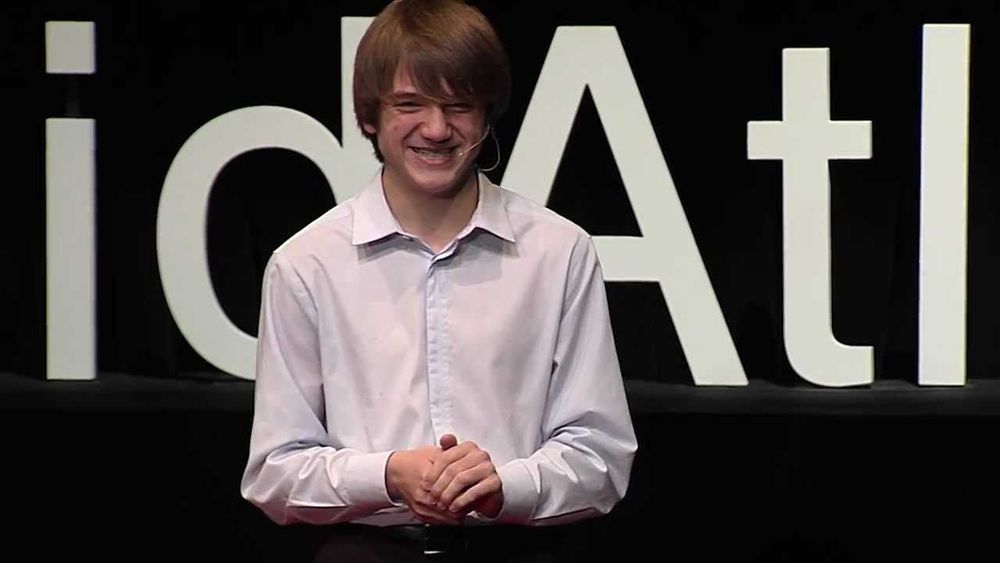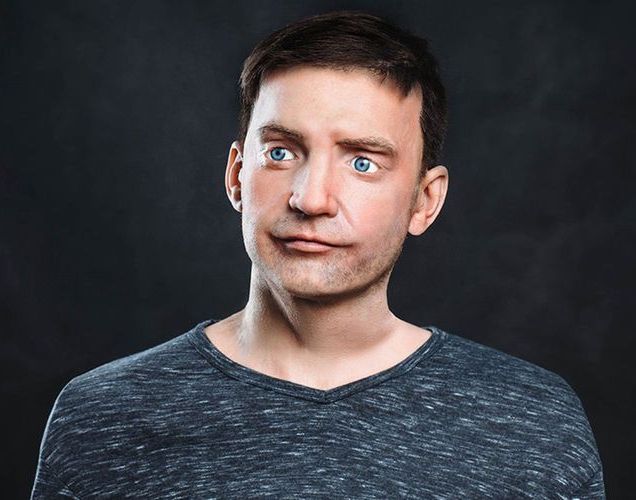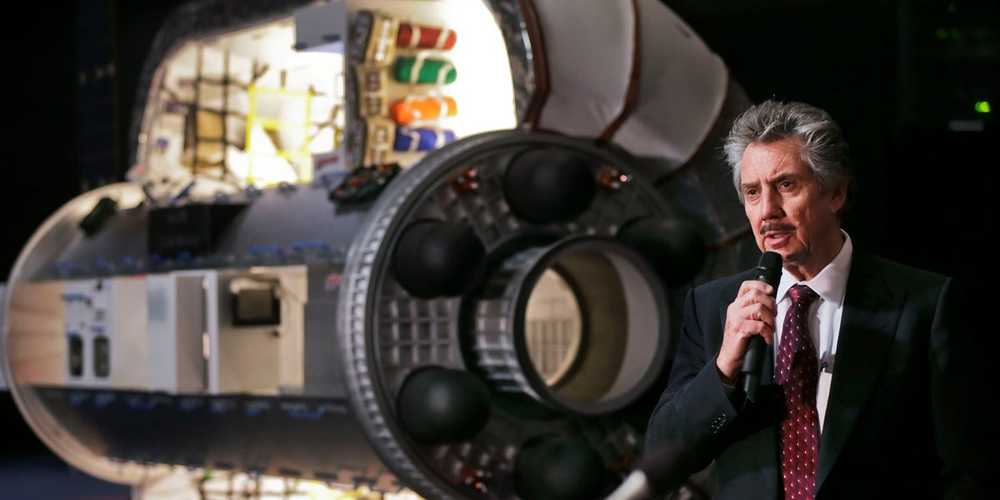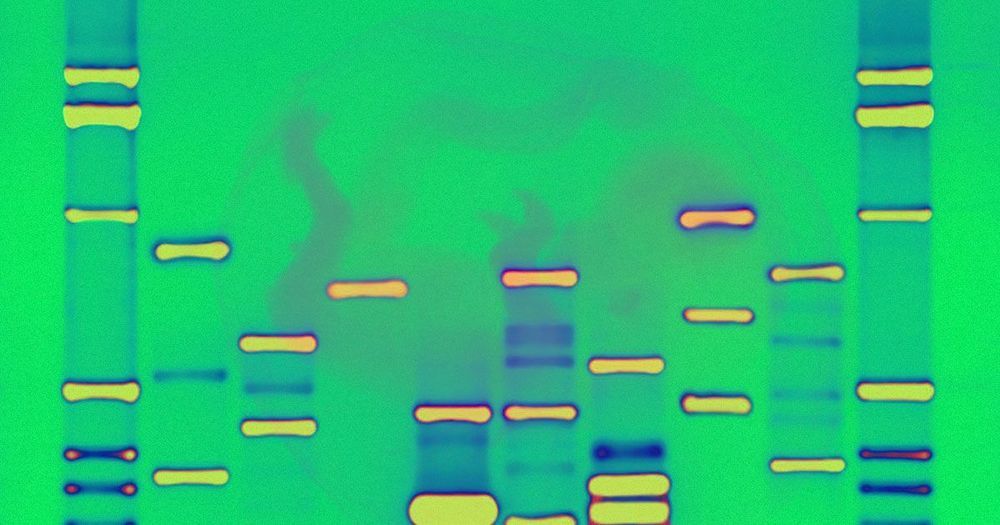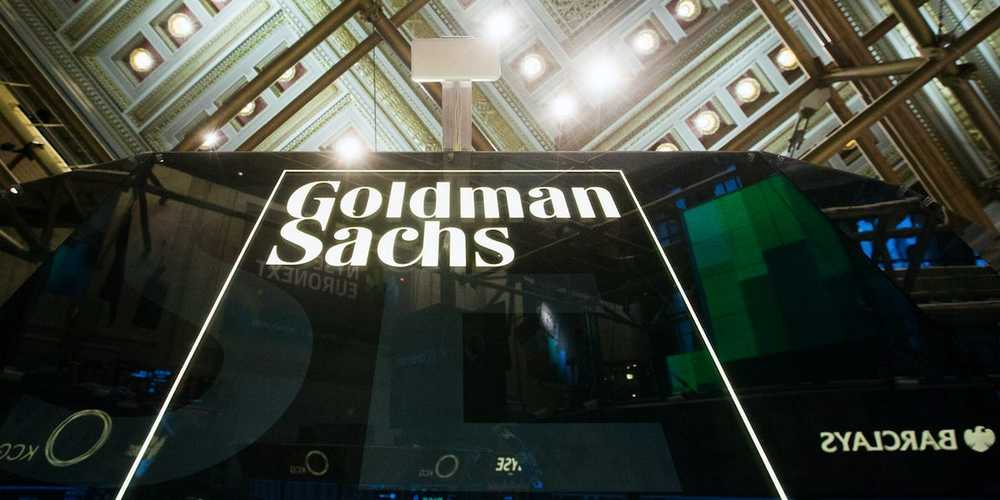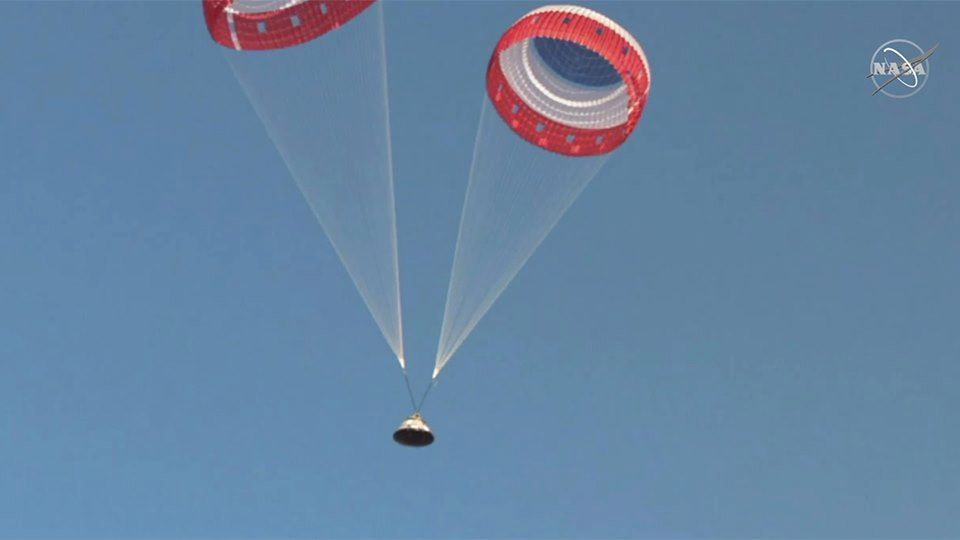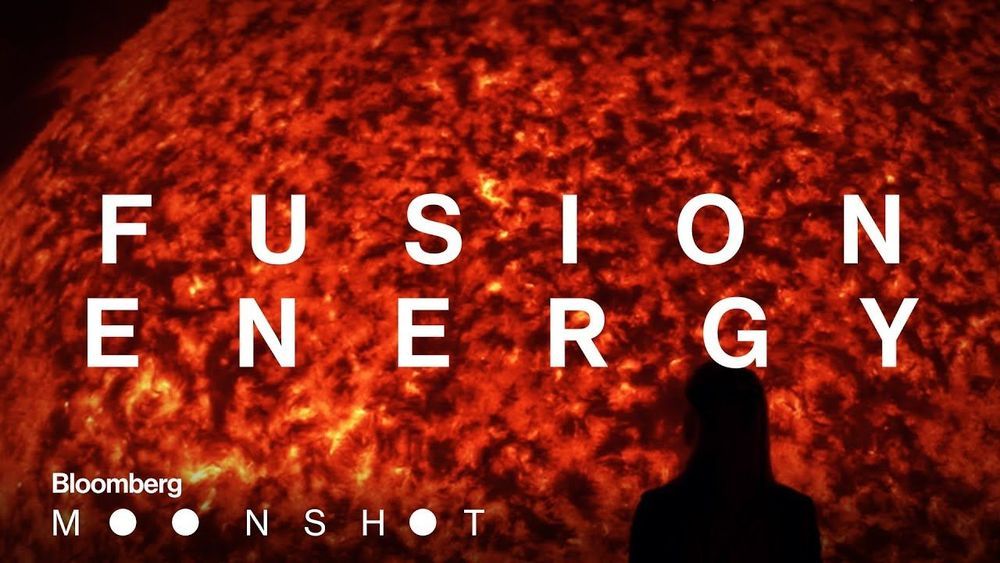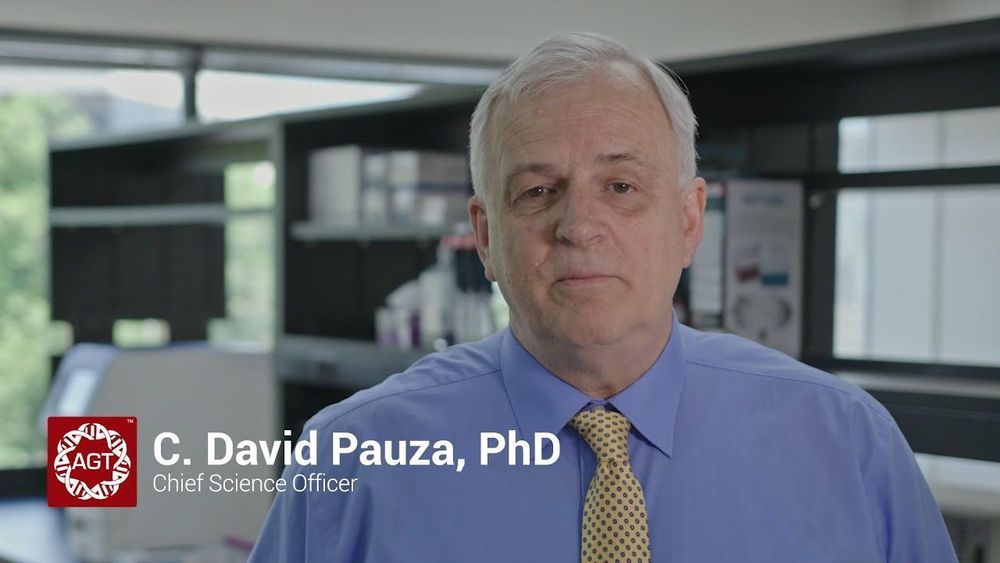
Ironically #AI has been proven to develop racial and gender bias. Gee, I wonder why?
For the second year in a row, more than a dozen AI researchers from African countries have been denied visas to a major AI conference in Canada.
Canada’s decision to refuse visas to African AI researchers seems ham-fisted, given that the country’s tech industry has been the beneficiary, in recent years, of America’s move toward isolationism. In 2017, Trudeau launched a visa program designed to attract high-tech workers—including those who found themselves unable to get into the US—by streamlining Canada’s visa-approval process. The recent decision to block access to NeurIPS for a diverse pool of talent appears to be a step in the opposite direction.
“It seems crazy,” says Joshua Gans, a professor at Toronto University’s Rotman School of Business who studies the impact of AI on innovation and economic growth. “What is the worst that happens? The scientists come here, stay here, and develop their AI here rather than in Africa?”\
Mathieu Genest, a press spokesperson for Citizenship and Immigration Canada, sent a statement that says the rules outlined by Canada’s Immigration and Refugee Protection Act (IRPA) apply “to everyone, regardless of nationality.” The statement adds that the department did receive the names of NeurIPS attendees who would apply for visas, which were shared with visa officers. And it says people can reapply, but should only do so if they have addressed the reasons their application was refused.
